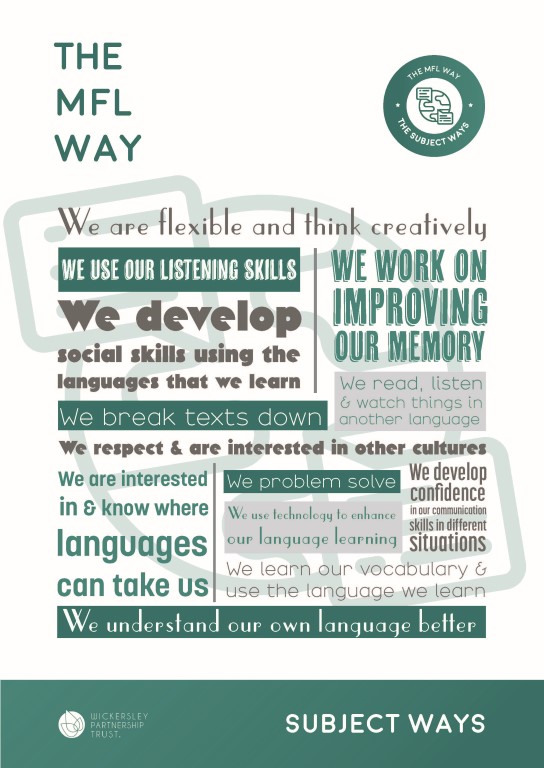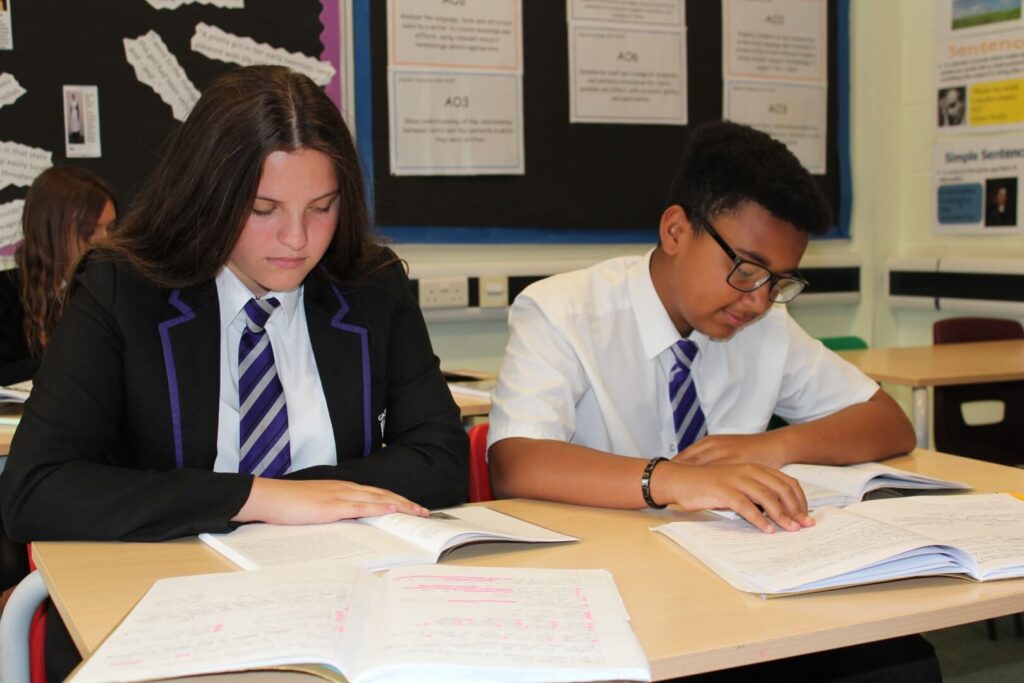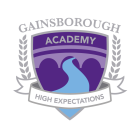Curriculum
Spanish
Subject Staff
Mr Miller
Miss Hoggarth
Mr Goy
The MFL Way
Our subject has a ‘Subject Way’ at the heart of it. Our Subject Way is designed to help students become young subject specialists. The Subject Way has two main purposes:
Firstly, to teach students the vital skills they need to achieve their full potential and gain the very best grades they can. Secondly, to teach students how each subject relates to the wider world, incorporating the life skills they will learn.
It is our belief that knowing how what you learn links to the wider world, brings a subject to life and therefore improves overall understanding and engagement.

Curriculum Intent
At WPT we understand that getting the curriculum right for each and every individual student is the single most important factor in ensuring progress, encouraging positive engagement and raising aspirations.
In each of our schools, we want all students to leave able and qualified to play their full part in an ever-changing world through an ambitious, creative and innovative curriculum, which empowers students with the skills, knowledge and attributes to allow them to succeed in their next phase of education and their working life.
We aim to engender a love of learning, self-belief and aspiration through four key intentions:
- The removal of barriers to learning
- Developing skills for learning
- Developing personal attributes
- Enriching student experiences and broadening their horizons
The MFL curriculum is designed to empower students to draw maximum cultural, personal and economic benefit from the role of global citizenship. Through the promotion of oracy, expansion of vocabulary and literacy we seek to enable students to communicate confidently and without barriers in a wide range of social settings and media. In KS3 we believe that our curriculum and enrichment content goes far beyond the requirements of the National Curriculum allowing for a seamless transition on their GCSE course once they are in Y10.
In order to do this the MFL curriculum is sequenced to allow knowledge and skills to develop simultaneously and progressively. By revisiting and enhancing key language skills in different settings students develop their ability to recall, analyse and evaluate usage and at the same time build independence and resilience.
Our curriculum enhances our students’ cultural literacy and experience by deepening exposure to non-Anglophone ideas, texts and customs in a variety of topics, settings and locations.
INTENTION 1 – The removal of barriers to learning
Four common barriers, if left unchallenged, will limit the progress, engagement and development of students who access our curriculum. They are literacy, numeracy, oracy and vocabulary.
Literacy – this is at the heart of what we do. In MFL we aim to progress students’ reading, writing, listening and speaking in the target language and in turn this helps promote a better understanding and often widens vocabulary in English. We promote learning phonics in the target language which leads on well from primary. Phonics are key to helping students not only with speech and reading but also listening to pick out words more easily and spelling in writing. Students learn key vocabulary that helps them progress faster and easier. Each unit of work consists of retrieved content/knowledge that links in with new vocabulary and sentence structures. On our sentence builders vocabulary is clearly highlighted for students and implicitly repeated over a cycle of lessons to fully embed that knowledge. Reciprocal reading – we provide students with appropriate texts which are broken down in a variety of ways to enable them to answer questions, clarify meaning and summarise texts. This can include the text being read aloud by the teacher, images used to help contextualise texts and allow students to predict content. By reading aloud teachers model pronunciation and intonation as well as allowing students to pick out grammar and discuss vocabulary to aid comprehension. We want students to become comfortable annotating reading material independently.
Numeracy – when the opportunity naturally arises to develop students’ numeracy skills within MFL it is harnessed, for example teaching students how to tell the time in both digital and
analogue form.
Oracy – this is also a key skill practised in MFL lessons. We have a variety of activities where pupils have structured talk; asking and answering questions and developing confidence and fluency. As they develop their language knowledge they are then encouraged to give opinions and discuss topics in more structured debates.
Vocabulary – when teaching in MFL we use tier three vocabulary to describe subject specific areas such as in grammar, types of sentences, context and word origins making reference and
asking pupils to make reference to subject specific vocabulary where appropriate.
INTENTION 2 – Developing skills for learning
Curriculum design – our curriculum has been designed with fluency in mind. Through explicit repetition, recycling and interleaving of prior knowledge we aim to leave no student behind. To make sure that they are the embodiment of the ‘Can-Do’ culture that we promote within our WPT MFL Department.
Progress for All – we want to provide every child the confidence to be able to achieve in languages and have opportunities to broaden horizons. To help achieve this, students are front loaded with the vocabulary but more importantly the sentence structures that we aim for them to be able to use fluently by the end of a unit of work. These sentence builders allow students to learn patterns in language and to be able to do more and remember more. Lessons are taught in a sequenced progressive cycle and include retrieval of previous vocabulary. It starts with modelling aurally and finishes with students being able to produce language spontaneously without support in a variety of different contexts and topics.
INTENTION 3 – Fostering personal attributes
We promote the MFL Way, encouraging students to build resilience, work hard, take
responsibility, collaborate and aspire to succeed through challenging texts, content
and expectations.
We provide opportunities in our curriculum for students to appreciate other cultures as well as appreciating equality and diversity for them to become more compassionate and better citizens, whilst also ensuring that students realise the importance of learning a language and how the skills that they develop will support their learning in other subjects.
INTENTION 4 – Enriching student experiences and broadening their horizons
Cultural enrichment is what, as language teachers, we love. It is vital to us that we bring the culture of the languages that we teach to the students whose lives we endeavour to enrich. We want to give pupils the opportunity to experience another culture not only by offering school trips but in the classroom and creating cultural experiences for all.
Cultural exposure:
- Exposure to appropriate authentic literature in the target language be it song, poetry or an extract from a novel
- Bring target language culture to the classroom in our fluency unit- famous people, celebrations, festivals, places of interest
- Cultural celebrations – exposure to La Chandeleur, Dia de Muertos, Compare and contrast Christmas traditions
- Whole school MFL cinema nights
- Pop up restaurant experiences
- Me and My Degree talks for students at The University of Sheffield
- European Day of Languages
- School trips to France / Spain
In addition to encouraging students to broaden their knowledge and understanding, we also discuss where languages can help and broaden their horizons in career choices. We aim to try to do this from the start of KS3 to embed career possibilities from the start.

Curriculum
Our KS3 curriculum aims to empower our learners with the linguistic tools, high frequency structures and vocabulary that are useful for real life communication that naturally feed into their next stage of learning.
For each year group in KS3 the culturally rich SoW has progressive end points. The key knowledge below is sequentially taught through the vehicle of the following topics across KS3.
| Y7 | Y8 | Y9 |
Verbs | To have & to be & to live – minimum 1st & 3rd person present tense
| Regular verbs present tense Common irregulars – to go & to do Simple future tense
To wear – to play – to go – to do – to listen – to stay
| Past, present & future tense – regular verbs & common irregulars – minimum 1st & 3rd person singular (& plural)
To wear – to play – to go – to do – to listen – to stay – to ride – to watch To be able
|
Connectives | And, but, also, because, however | Although, therefore | Without doubt, instead of, in contrast |
Intensifiers | A bit, very, quite, too. | ||
Justified opinion | Simple opinion – I like, I love, I don’t like, I hate + reason
| Complex opinion & future tense + reason I cannot stand, I prefer, I think that ,it makes me want to +verb, it makes me + adj, it will be.
Clothes, Music, Holiday plans, Petit Nicholas | Complex opinion – past & future tenses + reason As far as I know If I were able to give my opinion If I had the choice
|
Adjectival agreement | Hair & eyes.Describing self & others. Family opinions. Pets & colours. | Talking about clothes (gender & number) |
|
Negation | I do not have / he she does not have / I do not like
| Never | It will not be at all… It was not at all … |
Comparatives |
| More than less than |
|
Time phrases |
| Normally, on Monday, usually, at the weekend, from time to time, everyday, often, sometimes, in general, when + weather Next summer, next year | I usually Next weekend, next Saturday, next Sunday, tomorrow, Last year, last weekend, last Friday, last Sunday, in the holidays, two years ago |
The content of each unit of work contains one or more constructions which have been selected with real life communication in mind whilst carefully assuring the National Curriculum is sufficiently addressed, if not exceeded through our robust enrichment programme.
1. Greetings, age and birthday
| 2. Describing physical appearance – Hair and eyes | 3. Family and their ages | 4. Spontaneous speaking and writing review (inc. Christmas – famous figures) | 5. Saying who you get on with in your family and why.
(inc. Careers in MFL)
| 6. Pets and colours
| 7. Using opinions to say what food you like and don’t like.
| 8. The Hispanic World | 9. Spontaneous speaking and writing review |
1. Film study – Coco – review of Y7 language on personal descriptions and family inc. Day of the Dead cultural exposé | 2. Arranging a trip to a restaurant | 3. Saying what clothes you wear and why inc’ clothes shopping in a Spanish store
| 4. What I and others do in our free time (inc. weather) Careers in MFL
| 5. Spontaneous speaking and writing review | 6. Music opinions with a focus on learning about music from the Spanish speaking world | 7. My holiday plans
| 8. Spontaneous speaking and writing review
|
1.Saying what you can do & what you did in Barcelona | 2. Saying what I did and am going to do at the weekend | 3. Describing film preferences and a recent trip to the cinema
| 4.Spontaneous speaking and writing review
| 5. Film review -Zipe y Zape
| 6. Describing a typical day at school
| 7. Future ambitions |
8. Spontaneous speaking and writing review. | 1. Opinions and Hispanic festivals and typical celebrations | 10 Describe a festival that you have been to and are planning to go to. | 11. Describing a past holiday | 12. What makes a good friend? | 13. Literature – Voces inocentes |
For KS4, students will have the option to continue with one or perhaps both of the languages that they studied in KS3.
Students will take the Pearson Edexcel exam which allows them to develop their ability to communicate with native speakers in both speech and writing. They will study across a variety of contexts relevant to their age and interests and will also develop a greater awareness of the culture of target language-speaking communities and countries.
The aims and objectives of the course are to enable students to:
- develop their ability to communicate confidently and coherently with native speakers in speech and writing, conveying what they want to say with increasing accuracy
- express and develop thoughts and ideas spontaneously and fluently
- listen to and understand clearly articulated, standard speech at near normal speed
- deepen their knowledge about how language works and enrich their vocabulary in order for them to increase their independent use and understanding of extended language in a wide range of contexts
- acquire new knowledge, skills and ways of thinking through the ability to understand and respond to a rich range of authentic spoken and written material, adapted and abridged, as appropriate, including literary texts
- develop awareness and understanding of the culture and identity of the countries and communities where the language is spoken
- be encouraged to make appropriate links to other areas of the curriculum to enable bilingual and deeper learning, where the language may become a medium for constructing and applying knowledge
- develop language-learning skills both for immediate use and to prepare them for further language study and use in school, higher education or employment
Department Staff
K Dodds
Director
- kdodds@rawmarsh.org
D Miller
A Goy
Curriculum Newsletters
Find out more
If you would like more information about our curriculum, please contact the school using the details on our contact page.
Our Subjects at KS4
CORE SUBJECTS
EBACC SUBJECTS
OPTION SUBJECTS


